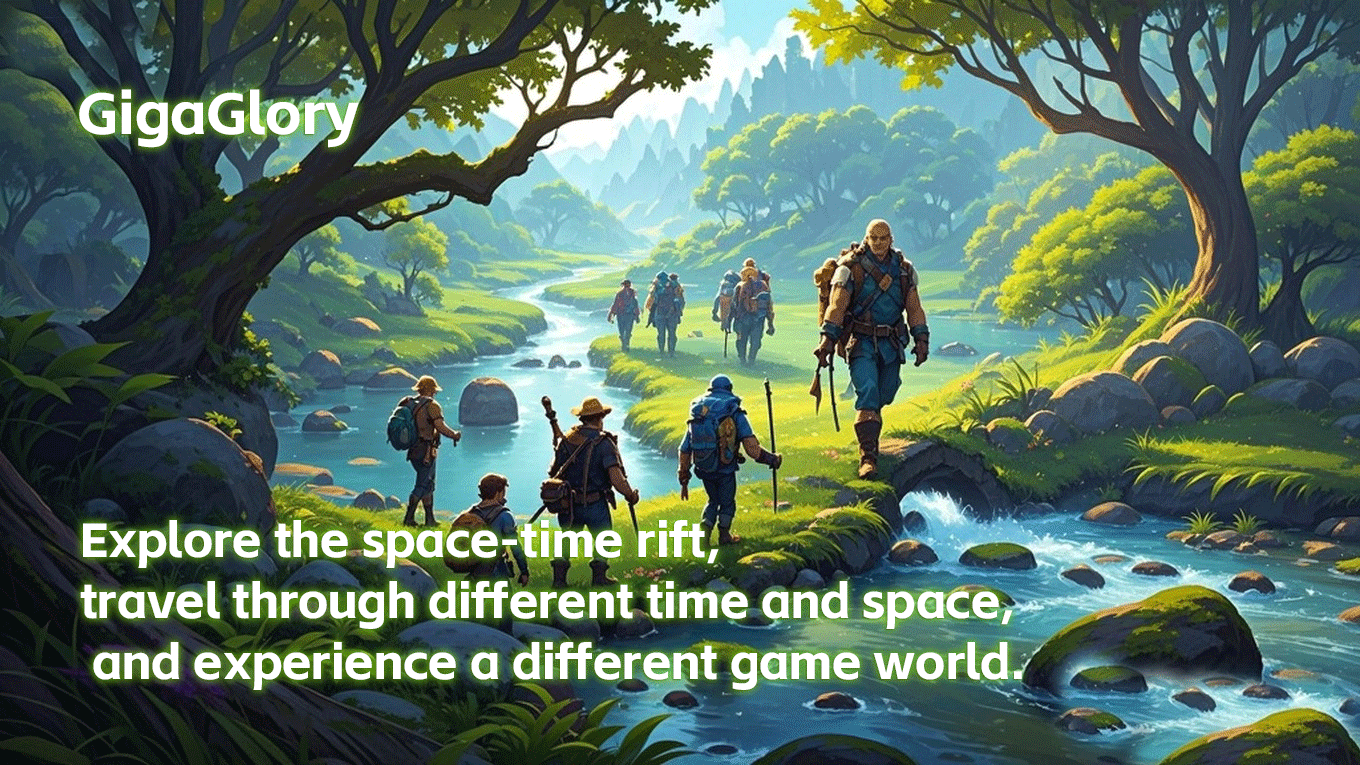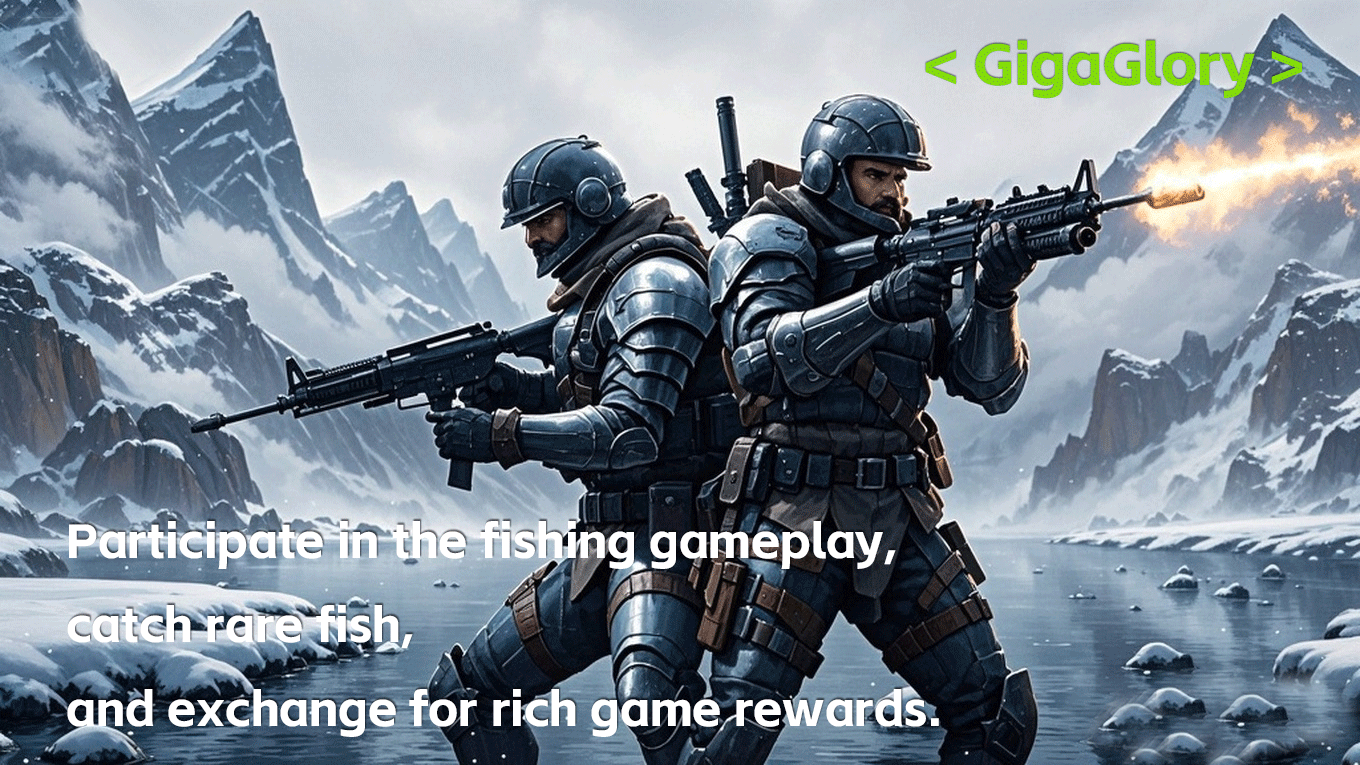Why Hyper Casual Games Are Redefining the World of Simulation Games
The gaming industry is constantly evolving, with players seeking new experiences that engage and entertain. Among the myriad of genres available, hyper casual games are rapidly making their mark, significantly influencing the landscape of simulation games. This article delves into how these two genres intersect and redefine one another, frequently captivating gamers around the globe, including those from Austria.
Understanding Hyper Casual Games
Hyper casual games are characterized by their simple mechanics, quick gameplay sessions, and easy accessibility. Often available on mobile platforms, they cater to players looking for a swift and enjoyable experience. The appeal lies in their low barrier to entry, meaning anyone can pick up and play without extensive tutorials or complicated gameplay. Notable examples include titles like "Helix Jump" and "Paper.io," which have experienced explosive success, further underscoring the hyper casual trend.
Defining Simulation Games
In contrast, simulation games often provide players with intricate systems and realistic mechanics meant to mimic real-world scenarios. Whether managing a farm, building a city, or developing a virtual life, simulation games require commitment and strategy. Popular titles like "The Sims" and "Cities: Skylines" offer players immersive experiences where they can explore complex environments.
The Intersection of Hyper Casual and Simulation Games
Though hyper casual games and simulation games are fundamentally different in their approach, the integration of their elements is becoming increasingly common. This fusion allows the lighter, quick-play essence of hyper casual games to invade the simulation genre, creating a unique gameplay experience. For instance, a game that allows players to manage a farm in succinct sessions may attract hyper casual gamers looking for a taste of simulation without the commitment.
Popular Examples of Hyper Casual Simulation Games
- Farming Simulator Lite: Simplifies farming mechanics for quick plays.
- SimCity BuildIt: Incorporates simplified city-building elements in bite-sized sessions.
- Animal Crossing Pocket Camp: Allows players to engage in community management rapidly.
Why Players Are Drawn to Hyper Casual Simulation Games
Several factors contribute to the rising popularity of hyper casual simulation games:
- Accessibility: Whether on mobile devices or web browsers, these games are often free or low-cost, appealing to a broad audience.
- Quick Reward Systems: Players enjoy instant gratification through simple tasks and short-term goals.
- Engagement: Hyper casual formats keep players engaged with frequent updates and new content.
The Role of Online Games in the Hyper Casual Genre
Online games like "Clash of Clans" intersect with both hyper casual and simulation elements. Players can build and manage their bases while engaging with others competitively. Such games create a community-oriented experience, inviting players from Austria and beyond to collaborate and compete.
Web Browser Based RPG Games: A New Frontier for Simulation
Web browser based RPG games have flooded the online gaming landscape. Their simplicity and accessibility echo hyper casual game principles. With intuitive mechanics and social interactions, they offer players unique opportunities to simulate rich worlds without the need for high-end hardware or installations. This trend is shifting the paradigm of role-playing games into hyper casual realms.
Challenges Faced by Hyper Casual Simulation Games
Despite their rosy outlook, the fusion of hyper casual and simulation games presents challenges:
- Shallow Gameplay: Some players may find the simplified mechanics inadequate for deeper gameplay experiences.
- Monetization Models: Many hyper casual games rely on ad revenue, potentially disrupting the gaming experience.
- Market Saturation: The proliferation of similar games could lead to player fatigue and diminished engagement.
Future Trends in Hyper Casual and Simulation Games
As technology advances, several trends are likely to shape the future of hyper casual simulation games:
- Augmented Reality (AR): Integration of AR elements can enhance immersion and interactive gameplay.
- User-Generated Content: Allowing players to create and share content fosters community and longevity.
- Cross-Platform Play: Providing seamless experiences across devices can broaden the reach and engagement.
Conclusion: A New Era of Gaming Awaits
The gaming landscape is continuously shifting, with hyper casual games paving the way for a new vision in simulation gaming. The blend of simplicity and engaging elements offers players more dynamic and refreshing experiences. As developers innovate, we can anticipate a thrilling era where the lines between hyper casual and simulation blur further, creating opportunities for unique gameplay. Players in Austria and beyond will eagerly embrace this evolution, playing games that entertain while sparking curiosity and connection.



